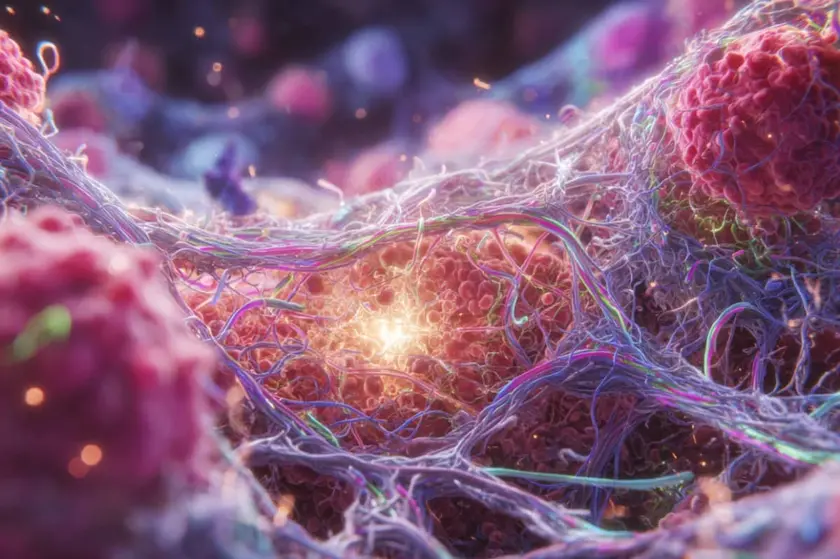T4K3.news
Cancer immune therapies advance under funding and trial progress
New vaccines and CAR-T therapies show promise in early trials, with NHS backing and private investment driving progress toward prevention and treatment.
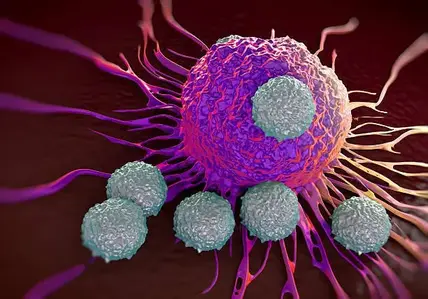
Exploring how the immune system could prevent and treat cancer through vaccines and cellular therapies.
The new vaccines and treatments that could stop cancer in its tracks
Cancers start to grow only after the immune system loses the battle against abnormal cells. Researchers now see opportunities to boost the body’s natural defenses, not just by cutting out tumours but by teaching the immune system to act earlier. Tools like CAR-T cell therapy have already helped some blood cancers, and researchers are testing whether they can work against solid tumours, including stomach cancer, where early results showed a modest but meaningful improvement in survival in a small trial.
Alongside cell therapies, therapeutic vaccines aim to train the immune system to attack cancer cells more effectively. Some vaccines are being trialed to treat existing cancers, while others are designed to prevent cancer from starting by targeting pre-cancerous mutations. NHS England has signalled strong interest in cancer vaccines as a research priority, and pharmaceutical partners are backing this work with substantial funding. Technologies developed for Covid vaccines, including mRNA platforms, are informing these efforts. There is also interest in a potential all-encompassing vaccine concept, tentatively named All Vax, backed by significant investment, to try to guard people against many cancer types over decades. These advances come with practical questions about who will benefit, how quickly they can reach routine care, and what tests can reliably identify cancer at its earliest stages.
Key Takeaways
"Our immune systems are already doing this. We’re just giving them a bump to do it better."
Blagden describing how existing immune processes can be enhanced
"That was a really big breakthrough."
Edmunds on CAR-T therapy for leukaemia
"This is the first such success for CAR-T cells in solid tumours and so could be an important step forward."
Elliott commenting on stomach cancer trial
"If effective, we could make cancer a disease of the past and not of the future."
Blagden on long-term impact
The promise is clear: infections and cancer could be treated by nudging the immune system to respond more effectively. But the road to widespread use is nuanced. CAR-T therapies work well in blood cancers but face hurdles in solid tumours, from getting inside the tumour to staying active long enough to matter. Vaccines, whether treating existing cancers or preventing new ones, face trials that must prove benefit across diverse patients and tumour types. Financing the long arc of development, securing regulatory approvals, and ensuring patient access will shape how quickly these ideas move from labs to clinics. Economies of scale, manufacturing costs, and equitable access will determine whether these advances reduce disparities or widen them. The public health takeaway is simple: even incremental gains can rewrite cancer’s odds, but only with careful planning, rigorous testing, and steady support from funders and regulators.
Highlights
- Immunity could flip the script on cancer
- CAR-T cells rewrite the fight inside tumours
- A single vaccine idea could protect generations
- Pre-cancer vaccines may offer decades of protection
Budget and investment risk in cancer immunotherapy
The article notes large funding from NHS England and private partners, plus a bold aim to develop broad vaccines. Sustained budgets, regulatory approvals, and investor confidence will influence long-term access and pricing, creating financial risk and potential public reaction.
A patient-centred future is possible only if science, funding, and policy move together.
Enjoyed this? Let your friends know!
Related News
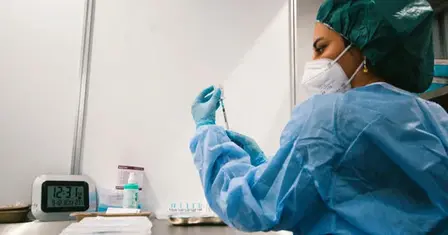
mRNA research funding under fire
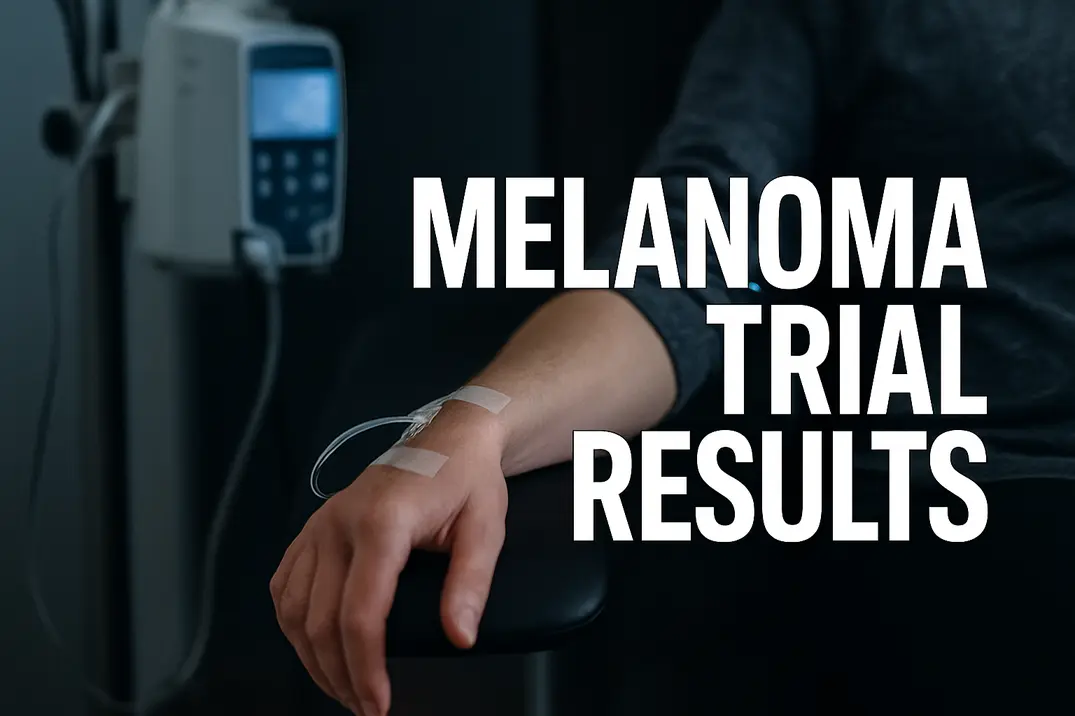
IO Biotech melanoma trial signals strong PFS but misses primary significance

Weill Family Foundation launches cancer research hub
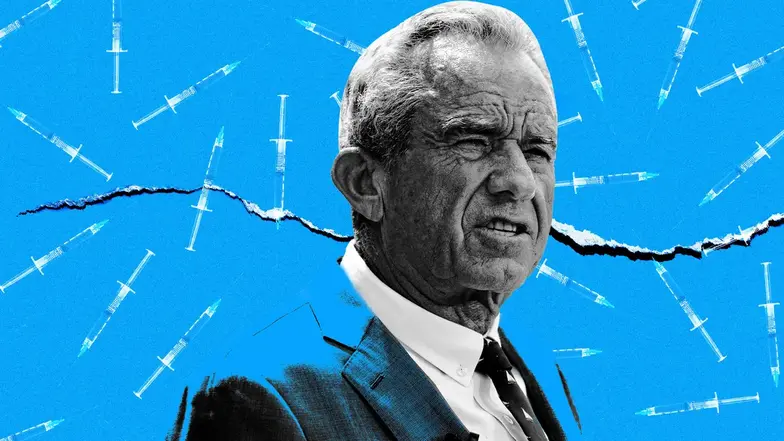
Vaccine research funding cut raises alarms
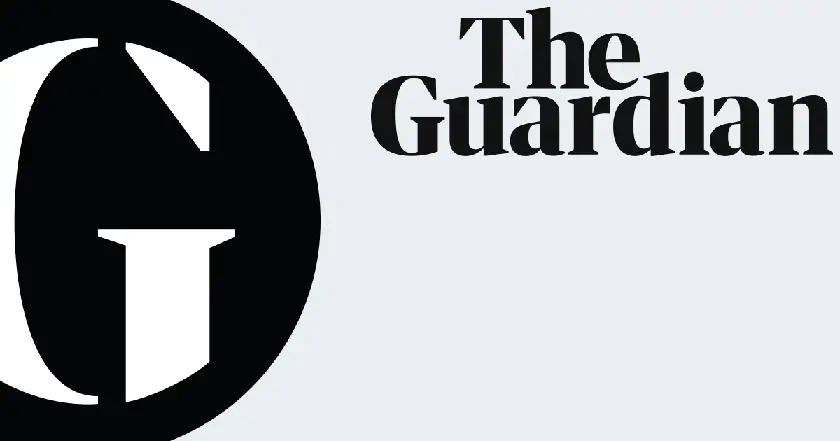
Betsy Lewis, 75, celebrates life after stopping cancer treatment
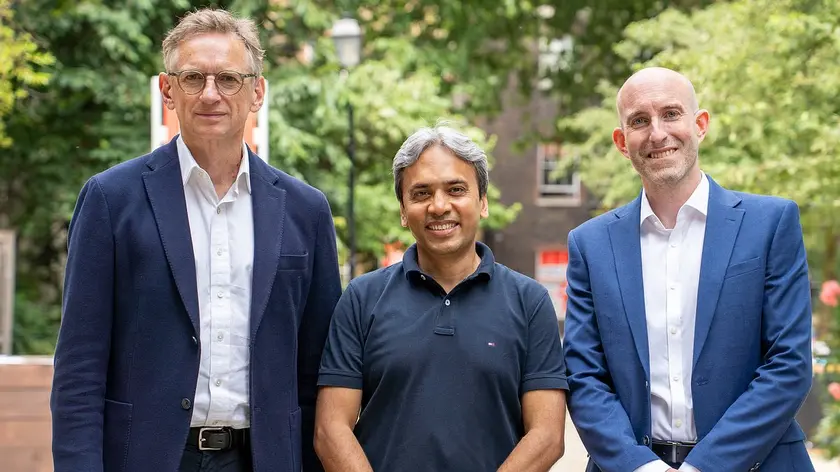
Home Pill Targets HO-1 to Break Tumor Shield
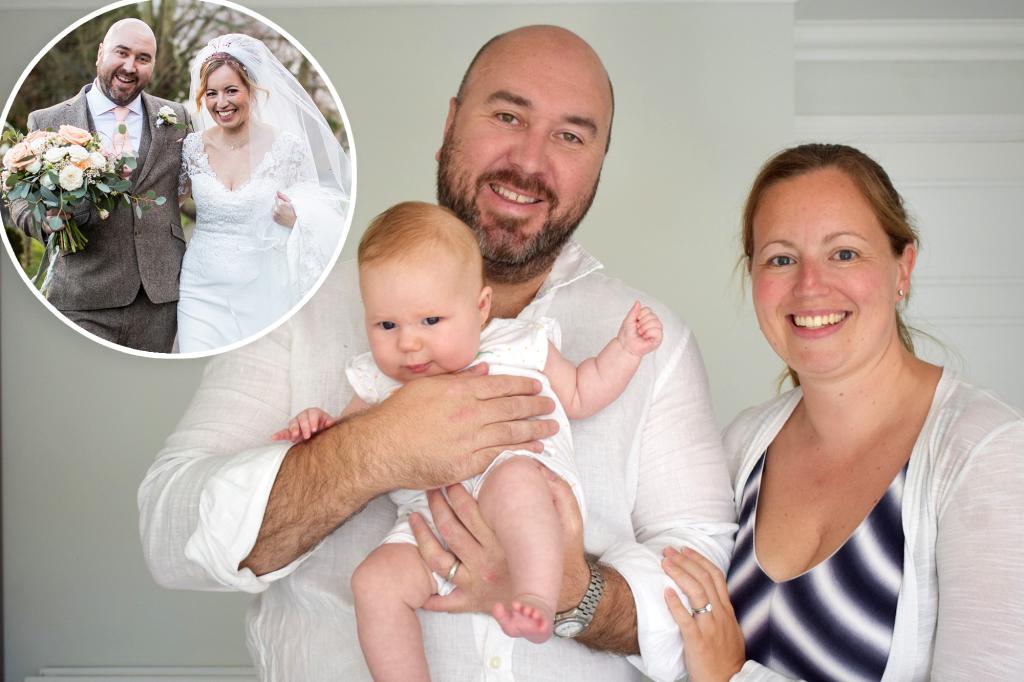
UK trial offers hope for glioblastoma patients

New studies explore sunlight benefits for health
